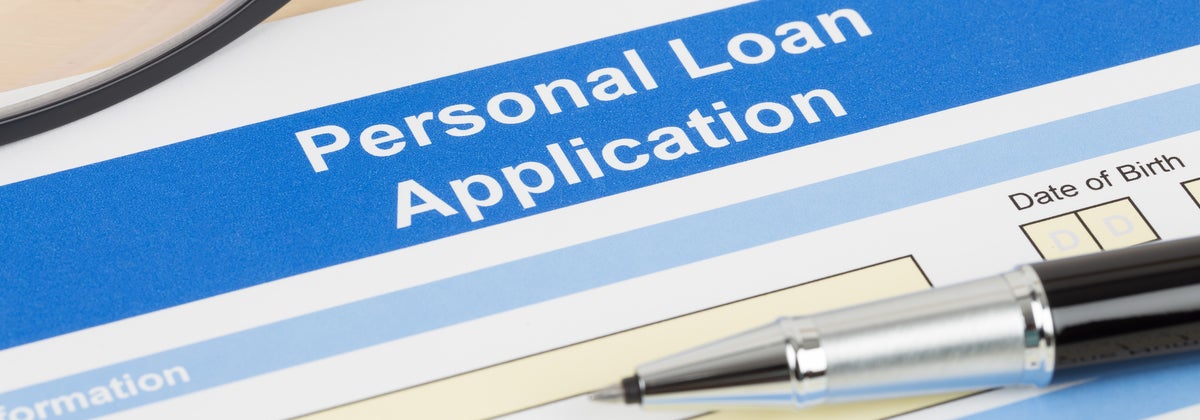Dental treatments don’t come cheap. The average cost for a filling in New Zealand is between $150-$320. A root canal costs $740-$1160, and a tooth removal around $230. And braces? You’re looking at anywhere from $4000 to over $10,000.
It should come as no surprise, then, that the Ministry of Health reports that big dental bills stop 44% of adults (around 1.6 million) from accessing dental care. In young adults, that percentage figure rises to over half. About one in three New Zealanders have untreated tooth decay.
If you’ve dental work on the horizon and are considering a dental loan to help fund it, here’s a rundown of how they work, as well as some other financing options:
What is a dental loan?
A dental loan is a personal loan that’s designed to pay for dental bills. It can be either an unsecured or secured personal loan. They’re usually unsecured, which means lenders rely on your credit score and ability to repay, instead of requiring collateral.
A lender or bank will allow you to borrow money to cover the costs of dental surgery or other dental procedures. You can take out a dental loan to help pay for the whole cost of a procedure, or to fill the gap left after private health insurance. Sometimes banks or lenders will advertise a medical loan, which will include dental bills.
What can dental loans be used for?
A dental loan can be used to finance a range of dental procedures. This includes general dental, cosmetic dental and orthodontic treatments. For example, it could cover fillings and repairs, root canals, dentures, dental implants and braces. Or it could be used for dental bills for cosmetic procedures, such as teeth whitening and veneers.
How do dental loans work?
Dental loans work in much the same way as a regular personal loan. Personal loans are repaid with interest over a fixed period of time. For example, over six months, one year or two years. They may come with fees, such as an establishment fee, monthly service fees, late repayment fees or an early repayment fee.
To be eligible for a dental loan, you’ll need to be over 18, and a New Zealand citizen or permanent resident. You may also need to meet certain income requirements and have a clean credit history.
It’s important to consider carefully whether you can afford the repayments on a personal loan before you apply. Each loan application you make is recorded on your credit report, along with your loan repayment history. So if you fail to make repayments on time, this may negatively impact your credit score.
Compare personal loans with Canstar
Other ways to pay for dental work
If you can afford to pay for the dental work using savings, that may be the cheapest option. If you need finance, some dental practices offer payment plans, or let you pay using buy now, pay later services, like Afterpay. Some people are eligible for public dental treatment. Otherwise, you may be able to reduce your out-of-pocket costs by taking out private health insurance with dental cover.
Dental payment plan
A dental payment plan lets you pay your bill in instalments. Plans like these are often offered by dental practices. Some payment plans come with an interest-free period. This means that if you can repay the loan within a certain amount of time, you won’t be charged interest. Lumino dentists, for example, offer a payment plan for customers with a Q Mastercard or Q Card. They’re entitled to 18-months interest free on full priced dental treatments over $300.
However, be aware that fees may apply for such offers. Have a good read of the fine print. Some dental payment plans also require an upfront deposit, for example, 20% of the total bill.
What dental treatment does the government cover?
Short answer: not a lot! You have to pay privately for the majority of adult dental services.
There are some circumstances when dental care is covered by the government. Basic dental services are free for New Zealanders until you’re 18. If you need dental care after 18, a limited range of dental services are funded for some adults:
- People with disabilities or medical conditions, such as mouth cancer, may be referred to a hospital for dental treatment by their usual dental practitioner or GP.
- People on low incomes who have a Community Services Card may be able to get emergency dental care, such as pain relief or extractions.
These services are provided by public hospitals or dentists contracted by your district health board. You may still need to pay some of the treatment cost.
How do dentists determine their prices?
There’s no fixed fee or recommended fee structure for private dentists. Dental practices set their fees based on various factors. These can include: the location of the practice, whether it’s a specialist or general dental practice, and what sort of equipment is needed.
The Ministry of Health’s general recommendation is to shop around and ask about the fees for the treatment you require. Some dentists also offer discounts for Community Services Card holders. It pays to ask your dentist if they offer discounts.
Private health insurance
Another option is to take out private health insurance with dental cover. This can help reduce your out-of-pocket expenses for a range of medical services, including dental. Extras policies with general dental included typically cover routine dental treatments, such as examinations, scale and cleans and small fillings. Extra policies with major dental typically cover more complex and expensive procedures, like root canals, dentures and orthodontics.
Keep in mind that waiting periods and annual benefit limits normally apply. Health insurers typically apply a two-month waiting period from when you take out your policy before you can claim for general dental care. For major treatments, it’s usually a 12-month waiting period before you can claim. Insurers will typically only allow you to claim back a percentage of your dental costs. This will also be subject to yearly limits.
Check with any health insurers you’re considering joining for more details, and to see what terms and conditions apply to their policies. Canstar compares health insurers so you can make the right choice for your situation:
Short-term loans
Payday loans are another option, although there are a number of risks involved, so it’s important to carefully consider these products against your other options. A payday loan is a small, short-term unsecured loan. The repayments usually coincide with the borrower’s payday, hence the name.
Payday loans are characterised by high rates of interest and, generally, a smaller dollar value. If you’re considering a payday loan, read any terms and conditions extremely carefully, including any potential penalties (default payments) if you miss a repayment.
Can you save by travelling overseas for dental work?
While not exactly an option at present due to COVID-19 travel restrictions, overseas dental treatment can be cheaper than getting dental work done in New Zealand. The most common types of treatments sought abroad are crowns, according to a University of Otago survey.
However, going overseas for any medical treatments comes with risks. The New Zealand Dental Association says that patients are best served by establishing a long-term relationship with a dentist who meets mandatory New Zealand standards.
If you are considering taking out a personal loan for dental work, you can compare loans by hitting the big button below. Or, for the winner of Canstar’s 2020 Most Satisfied Customers Award – Personal Loans Provider, click this link.
Compare personal loans with Canstar
Enjoy reading this article?
You can like us on Facebook and get social, or sign up to receive more news like this straight to your inbox.
By subscribing you agree to the Canstar Privacy Policy






Share this article